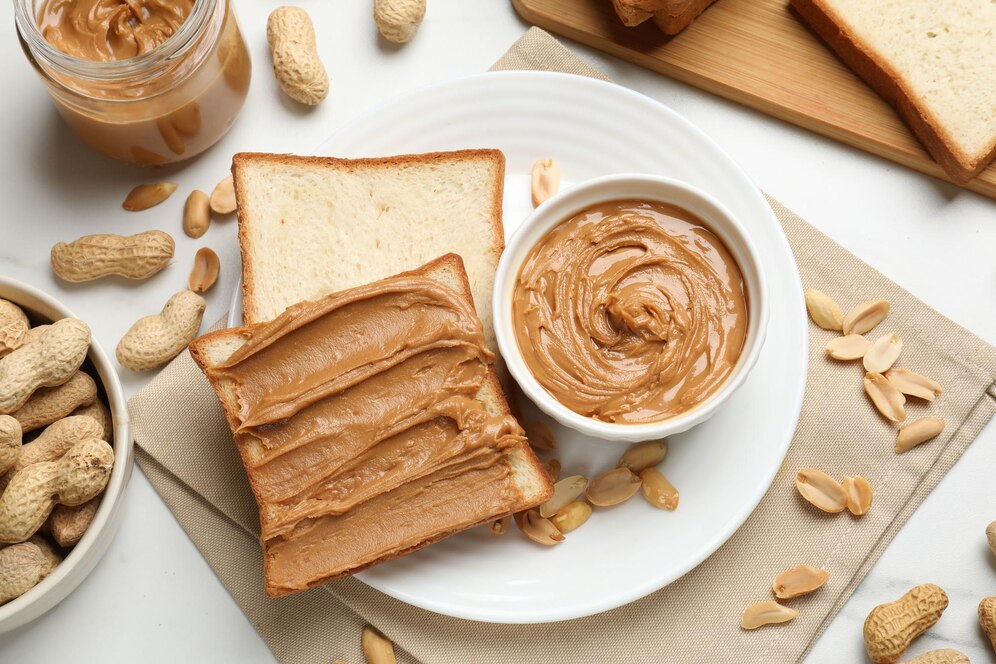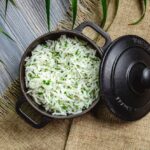Nut butter is a pantry staple for many—creamy, crunchy, sweet, or savory, it’s a versatile ingredient that works in smoothies, on toast, or straight from the spoon. While store-bought varieties are convenient, homemade nut butter has been gaining popularity for its customization options and potential health benefits. But is it worth the effort? Let’s explore the pros and cons of making your own nut butter at home.
The Benefits of Homemade Nut Butter
- Customizable Flavors and Ingredients
One of the best parts of making nut butter at home is the ability to tailor the flavor to your exact preferences. Want a touch of sweetness? You can add honey or maple syrup. Prefer it extra salty? Simply add more salt to taste. You can also experiment with adding spices like cinnamon, cocoa powder, or vanilla, which would be hard to find in store-bought options. Additionally, you can make nut butters with just one ingredient—like almonds or cashews—without the additives and preservatives often found in store-bought versions. - Control Over Ingredients
When you make nut butter at home, you have complete control over what goes into it. Many store-bought varieties contain added oils, sugars, or artificial flavorings to enhance taste or improve texture. Homemade nut butter, however, can be made with only the nuts (or seeds) you choose, ensuring there are no hidden additives. You can even opt for organic nuts or mix in additional superfoods like chia seeds, flaxseeds, or coconut flakes to boost the nutritional value. - Freshness and Taste
Homemade nut butter is often fresher than the store-bought variety. Freshly made nut butter has a richer, more pronounced flavor that can make a big difference when spread on bread, paired with fruit, or added to recipes. Plus, you can make it in small batches, ensuring you always have the freshest nut butter available. - Cost-Effective
While the initial investment in good-quality nuts and a food processor or high-speed blender can be a bit higher, homemade nut butter can be more cost-effective in the long run. The price of high-quality, natural nut butters at the store can add up quickly, and by making your own, you can save money, especially if you buy nuts in bulk. This is particularly true for pricier nuts like cashews or macadamias.
The Challenges of Homemade Nut Butter
- Time and Effort
Making nut butter is not as quick as picking up a jar from the store. While it’s a relatively easy process, it requires some time and effort. Nuts must be roasted (if you prefer roasted nut butter), and then they need to be blended for several minutes to reach the desired consistency. This means some time spent in the kitchen, especially if you prefer to make larger batches. - Equipment Needed
To make smooth and creamy nut butter at home, you’ll need a good food processor or a powerful blender. Not everyone has these appliances readily available, and they can be an investment if you don’t already own them. Additionally, cleanup can be a hassle, as nut butter tends to stick to the blades and sides of the container. - Storage and Shelf Life
Homemade nut butter typically doesn’t have the same shelf life as store-bought varieties, which often contain preservatives to extend freshness. While homemade nut butter can be stored in the fridge for several weeks, it doesn’t last as long as mass-produced versions, so it’s best to make smaller batches and use them quickly. - Texture Variations
Achieving the perfect texture in homemade nut butter can sometimes be tricky. If you like a smooth, silky consistency, you’ll need to be patient and let the food processor do its work. Depending on the nuts used, the texture might be slightly different than what you’re used to from store-bought options. You might have to experiment with blending times or oil to achieve the creaminess you desire.
Is It Worth It?
Ultimately, whether homemade nut butter is worth the effort depends on your priorities. If you value control over ingredients, enjoy experimenting with flavors, and don’t mind spending a little extra time in the kitchen, making nut butter at home is a rewarding and cost-effective choice. It’s especially great for those with dietary restrictions or allergies, as you can make nut butters tailored to your specific needs.
However, if convenience and time-saving are your top concerns, or if you prefer a consistent product without the hassle of cleanup and preparation, store-bought nut butters will likely remain your go-to. Ultimately, both options have their merits, and if you’re up for it, why not try making your own at least once? You may discover a new favorite!








